Key takeaways
- The post explains that knee cartilage can wear down with age and added joint stress (including higher body weight), which may contribute to joint pain over time.
- It frames nutrition as one supportive tool and lists foods it says may help support joint/cartilage health through nutrients linked to inflammation and bone/joint support.
- It highlights 15 foods/groups: dark leafy greens, oily fish, avocado, brown rice, turmeric, extra virgin olive oil, onion/garlic, apples/grapefruit, green tea, oranges, dairy, walnuts/Brazil nuts, camu camu, blueberries/cherries, and pomegranates.
- It also includes broader tips for joint issues (like lifestyle and overall diet patterns), not just single “superfoods.”
Hear that creaking sound while stretching your legs? Yes, the warning sign that your knee cartilage is deteriorating may lead to more serious problems like arthritis in the near future. The 'cushion' that prevents our joints from experiencing friction is known as the cartilage. As we grow older or, at times, as we grow fatter, the cartilage deteriorates, and the joints start coming closer to each other, which means more friction. However, thanks to Mother Nature, there are a few foods that can help you improve your joint health by regenerating knee cartilage naturally.
Before starting with the foods for your joint health, let us get a brief idea about the mysteries of our own body.
Why does cartilage wear down?
Cartilage is the 'cushioning' on your joints that helps ensure your seamless movement.
It tends to wear down with age due to stress on joints from regular movement. Even your weight can become a villain to your cartilage!
In a study, it was proven that obese people tend to wear down their knee cartilage faster than healthy people. The cartilage may decay and wear down to a stage where you can experience chronic inflammation and finally end up with osteoarthritis.
Are you horrified by this prediction? This is why we are suggesting a few superfoods that can help you avoid such a painful state in your life.
Superfoods to regenerate cartilage
A balanced diet is the key to your health problems. The solution to any problem lies in making a few changes in your diet. However, you cannot expect a magical effect just from taking food once. Here are a few food options that you can include in your regular diet that will gradually regenerate your cartilage and reduce your joint pain.
1. Dark green and leafy vegetables
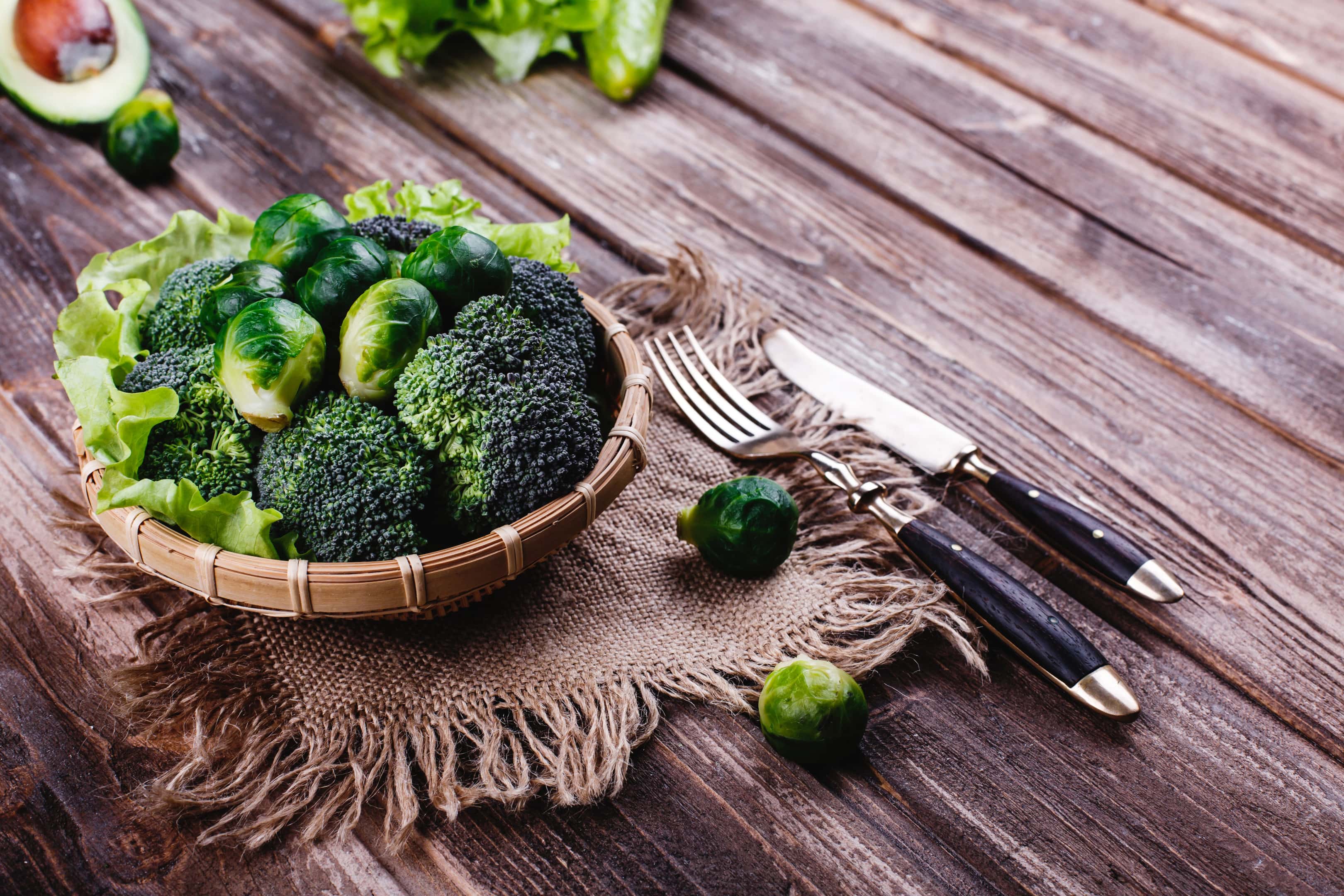
Remember when your mom forced you to eat those green leafy vegetables? Growing up, we tend to forget these little things and may face many health problems.
Dark green vegetables like broccoli and Brussels sprouts are excellent sources of Vitamin K, the vitamin that strengthens your joints.
Leafy vegetables like spinach and parsley are excellent ways to fight free radicals in our bodies.
Consumption of these leafy vegetables not only boosts antioxidants in our body but significantly contributes to increased magnesium and calcium levels in our body. The carotenoid content in these dark green and leafy veggies effectively reduces the rate of cartilage degeneration.
Dark green and leafy vegetables can be your escape from joint pain. Now, would you like to eat up some of these veggies (even if you dislike them) to regenerate your cartilage naturally?
2. Oily fish
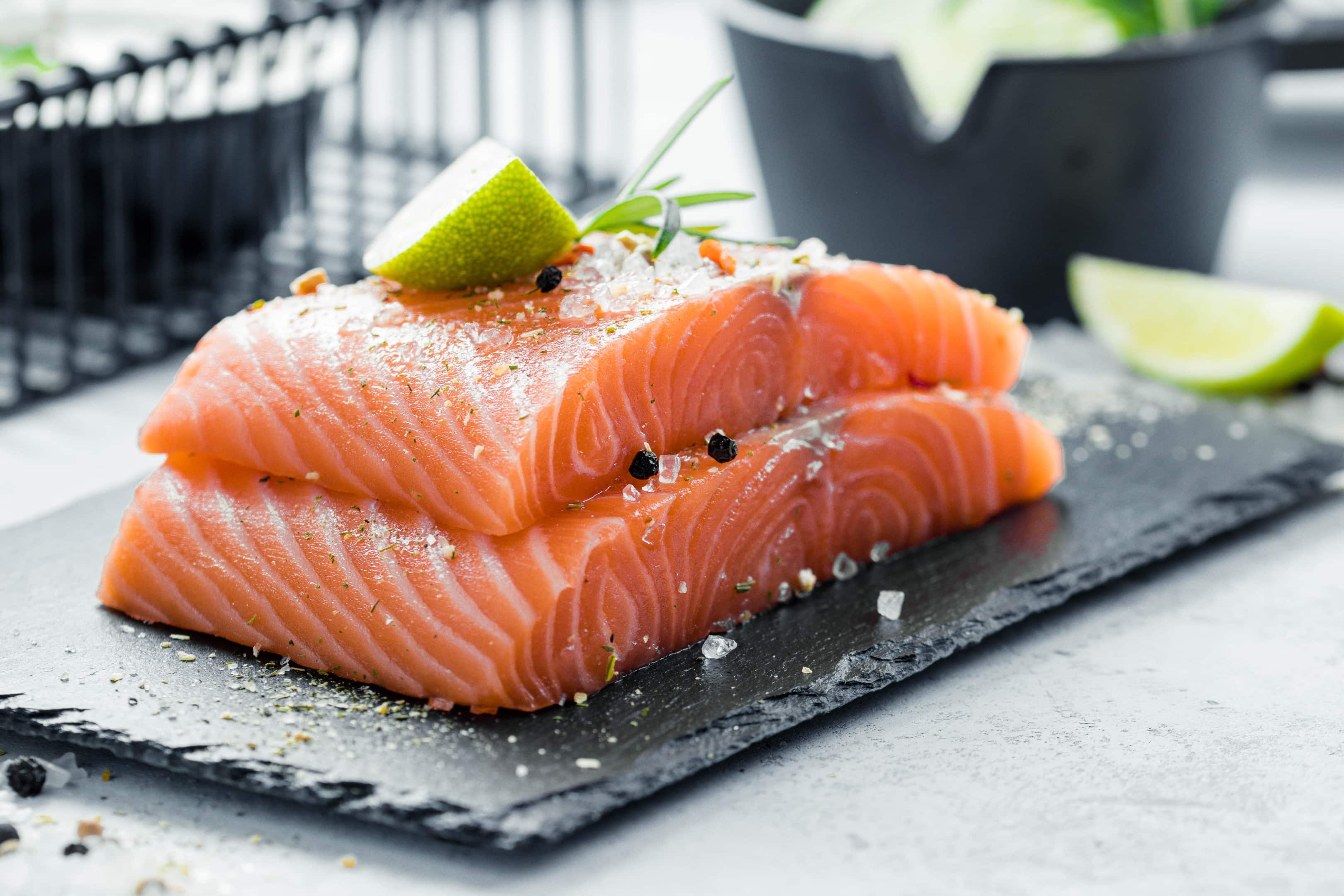
Were you avoiding fish due to its smell? Add some spices and gulp up some fish to revive your joint health.
- Fish is a nutrient-packed food that supplies Omega-3, vitamin D, and calcium. Each of these nutrients is essential for a healthy joint.
- Omega-3 fatty acid has anti-inflammatory properties that gradually curb chronic inflammation and stiffness of knee joints.
- Vitamin D is responsible for absorbing calcium into our bones. Therefore, oily fish can supply a high vitamin D content to strengthen our bones and reduce stress on the knee cartilage.
- The most suggested fish for cartilage regeneration are salmon, mackerel, and sardine. Consumption of these fish can hinder the production of certain enzymes in our body that impact cartilage degradation.
- If you do not have access to fresh fish, you may also stock canned salmon with bones.
The meat of the fish has several health benefits, including knee cartilage regeneration. If you are vegan, don't fret; we have more food options for you as well.
3. Avocado
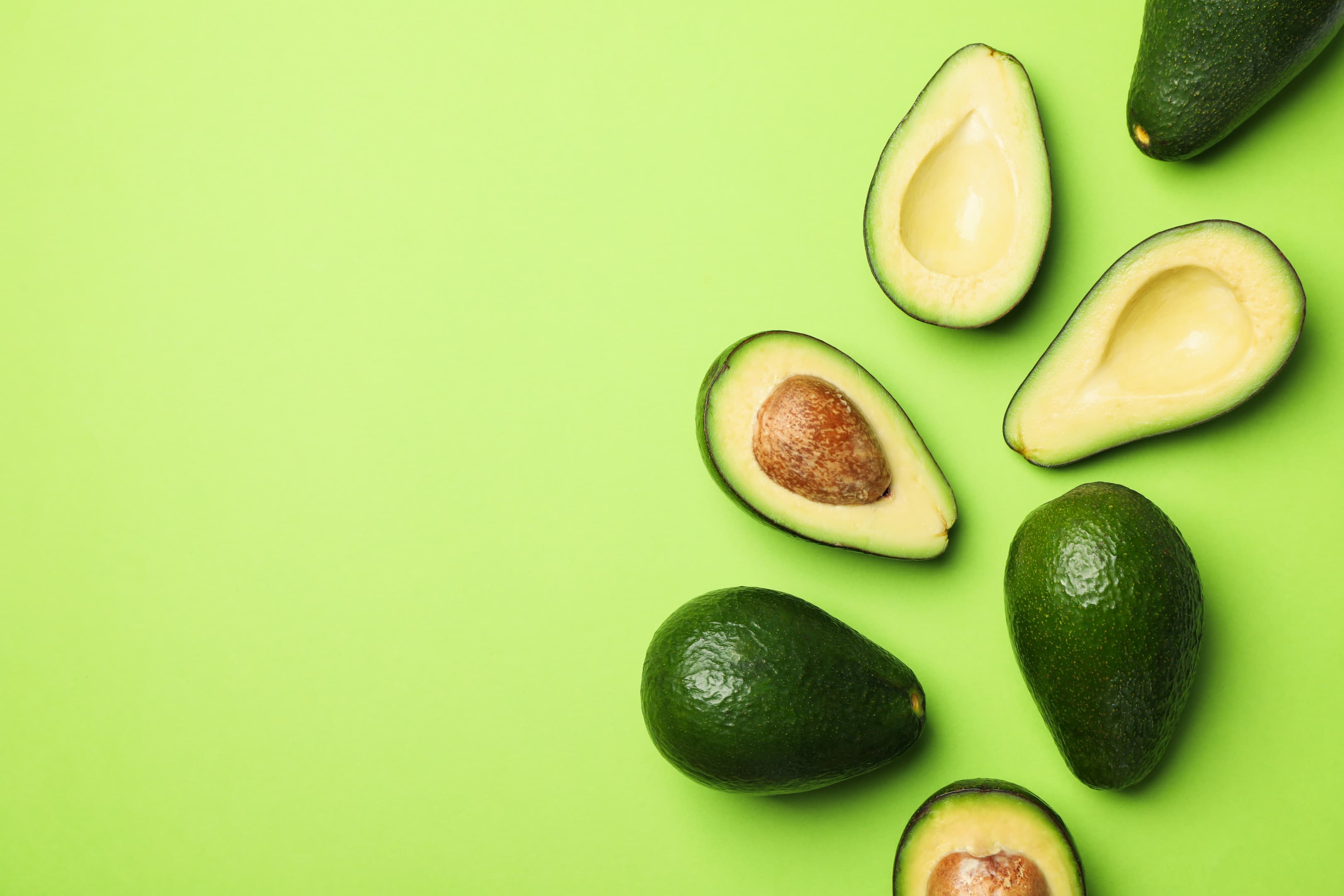
With the rising awareness of the keto, paleo, and every fancy-named diet, avocado can be nominated as the most popular diet fruit. However, there is no denying that avocado has excellent health benefits, including cartilage regeneration.
- Avocado is packed with monounsaturated antioxidant oils that fight free radicals in the body and prevent inflammation.
- This superfruit also contains essential fatty acids and beta-sitosterol that repair the connective tissue and cartilage.
- It is also rich in Vitamin E, which boosts weight-bearing ability, thus reducing the stress on your joints.
Studies show that avocado has been used to treat osteoarthritis due to its oxidative and anti-inflammatory properties. So do not forget to slip an avocado into your breakfast regularly.
4. Brown rice
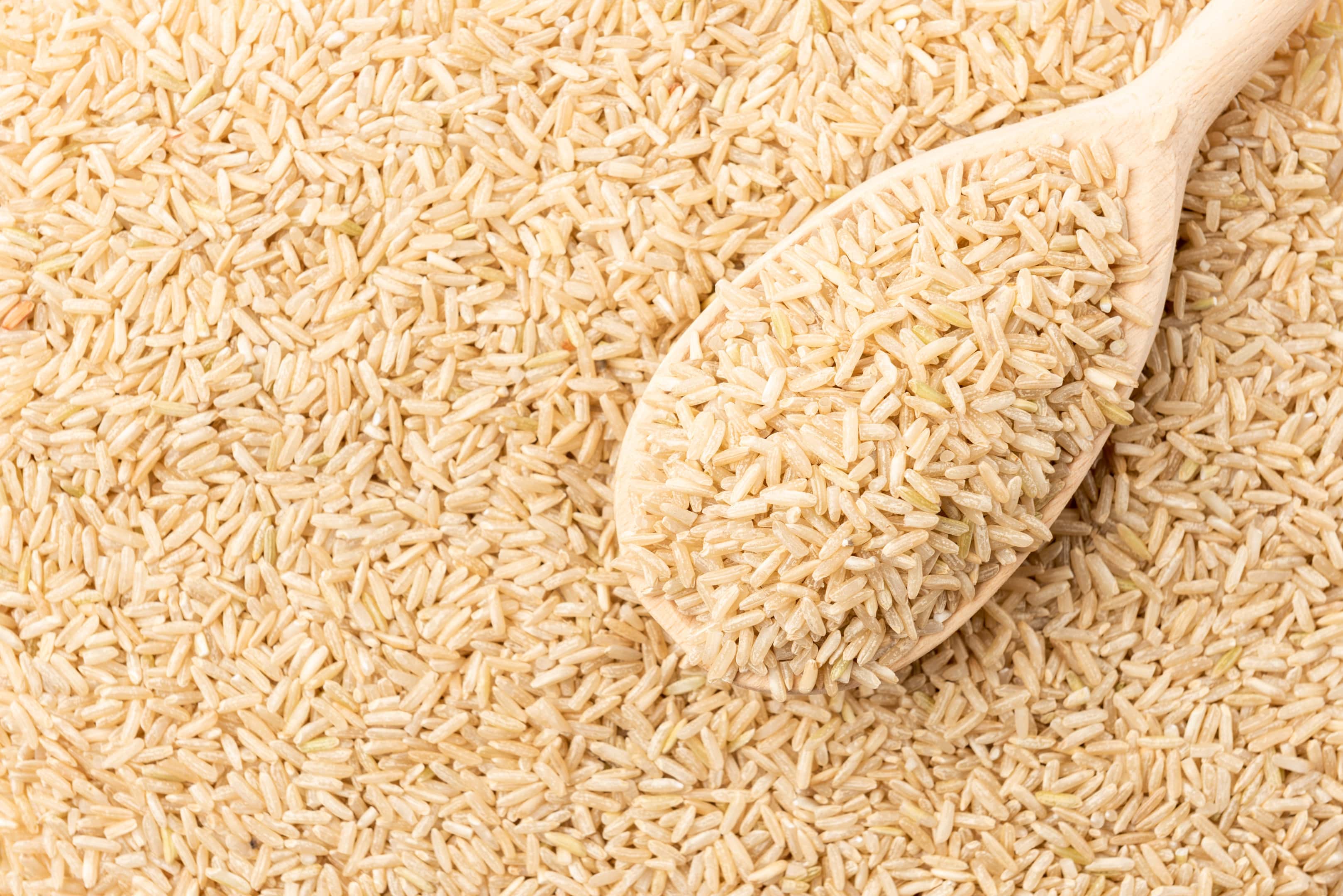
Like the oil in your car gears, brown rice plays a similar role in your joints. Brown rice contains hyaluronic acid that serves as a savior to patients suffering from joint problems. Guess why?
Hyaluronic acid is a natural lubricant that eases the friction of your joints. Moreover, it is recognized as a shock absorber. Therefore, it can protect your knees from any damage from jerking actions.
Brown rice is used as a staple food all across the globe. The benefits of hyaluronic acid have been used for treatments and developing injections to treat joint-related problems. Brown rice is a natural source that can be consumed regularly to reduce cartilage degeneration and rebuild cartilage.
5. Turmeric
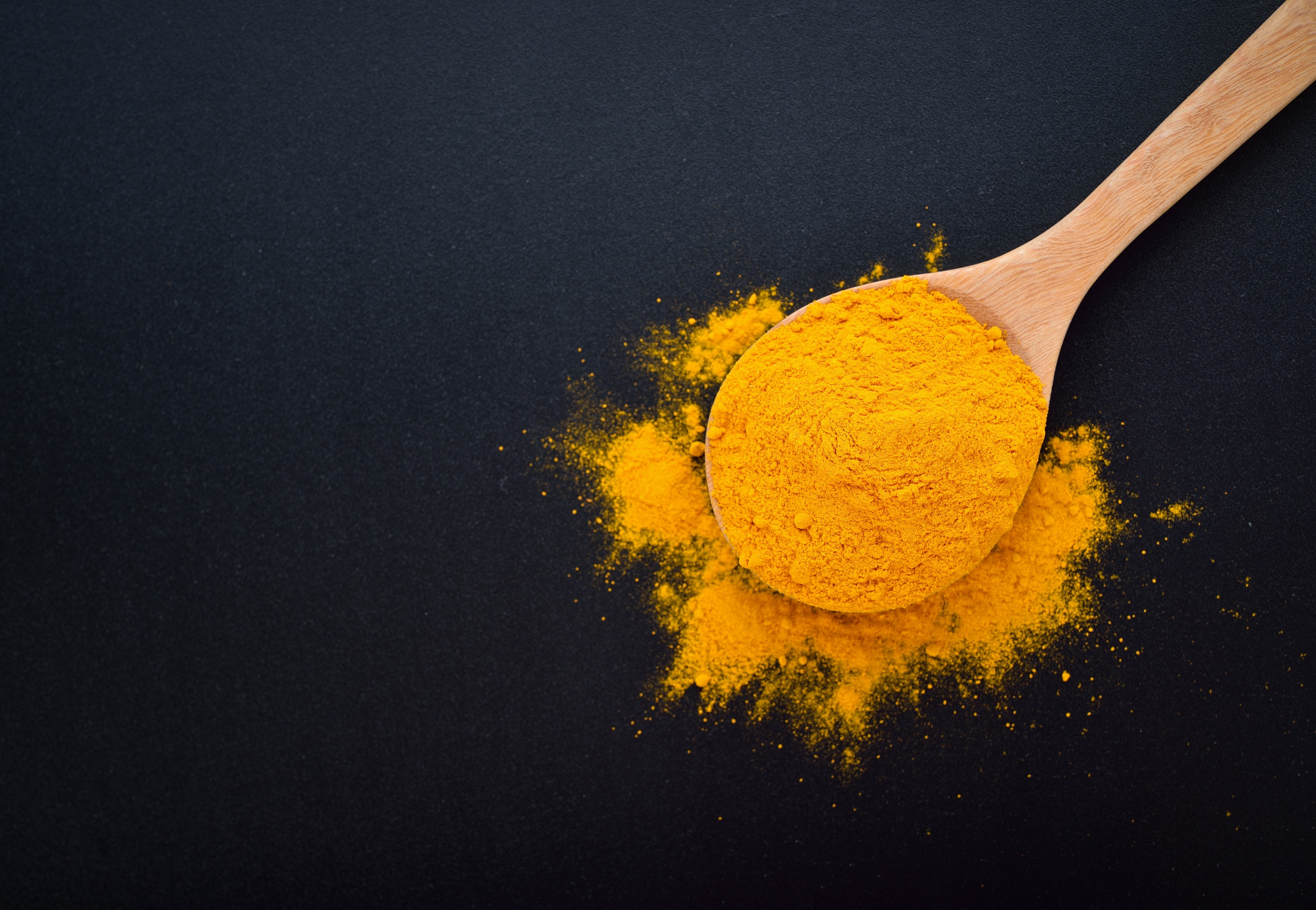
Turmeric is a kitchen ingredient used for centuries as a spice or even as an immunity booster with milk. But did you know that turmeric can repair your cartilage?
Curcumin is the ingredient in turmeric that has contributed to reducing knee pains and aches. Its anti-inflammatory property makes it a great natural solution for calming knee cartilage.
Don't forget to drop a teaspoon of turmeric into your curry tomorrow!
6. Extra virgin olive oil
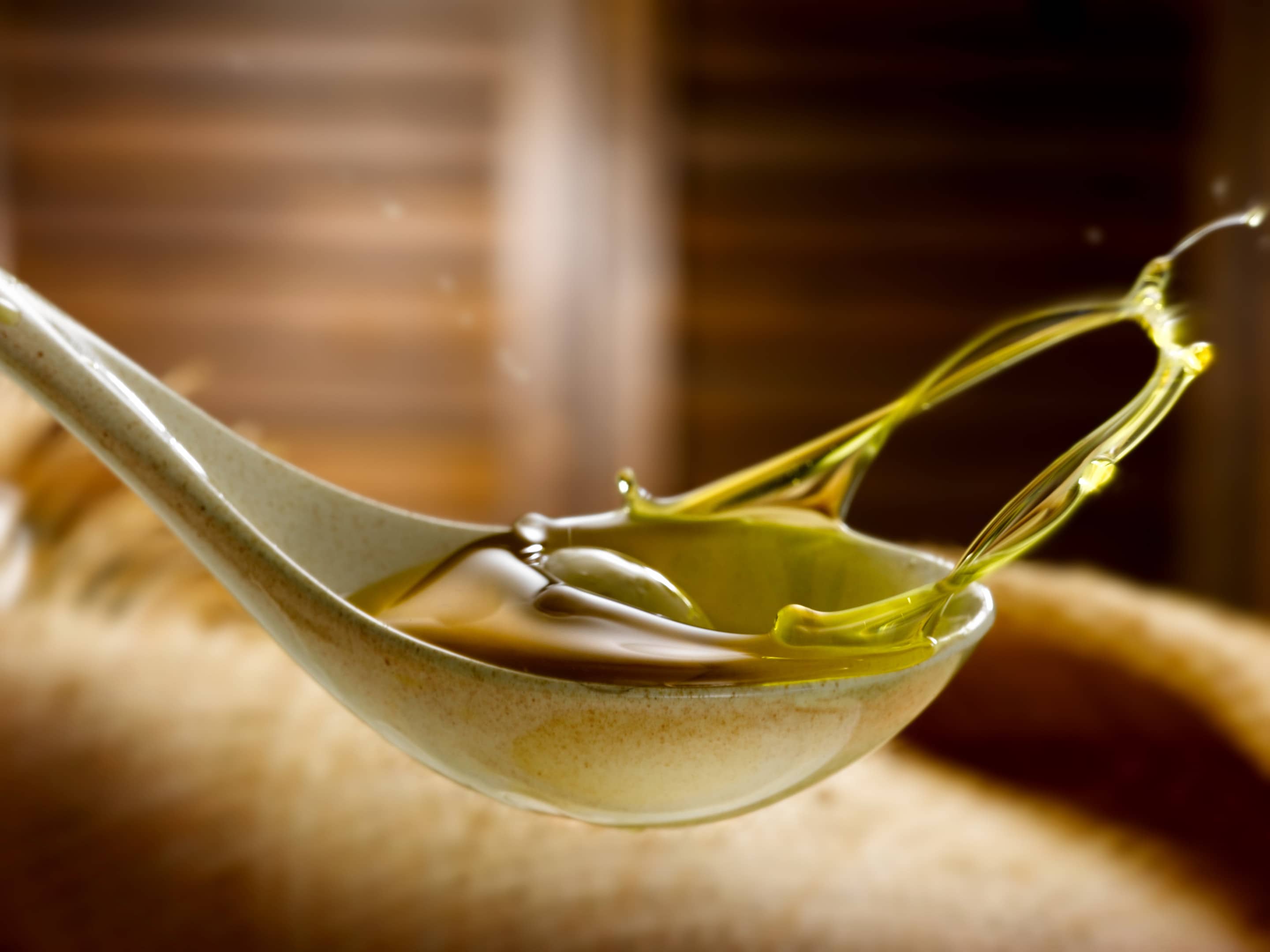
Were you thinking of changing the type of oil you consume to control cholesterol levels? I will give you another reason to switch to olive oil. If you include olive oil in your diet, you have a lower risk of having rheumatic arthritis.
Extra virgin olive oil contains oleocanthal (a phenol derivative) that helps in blocking joint inflammation. It inhibits inflammatory enzymes even better than ibuprofen.
Extra virgin olive oil also prevents osteoarthritis. You can easily consume it as a dressing for your salad.
7. Onion and garlic

Quercetin, a potent antioxidant, has significantly affected knee pain. Onions serve as an excellent source of quercetin to keep arthritis at bay. This powerful antioxidant helps in generating cartilage and diminishes cartilage deterioration.
Garlic is another superfood that can boost your joint health. Researchers say that garlic contains allicin, a compound that offers antioxidant benefits and that garlic consumption significantly reduces osteoarthritis symptoms.
8. Apples and grapefruit
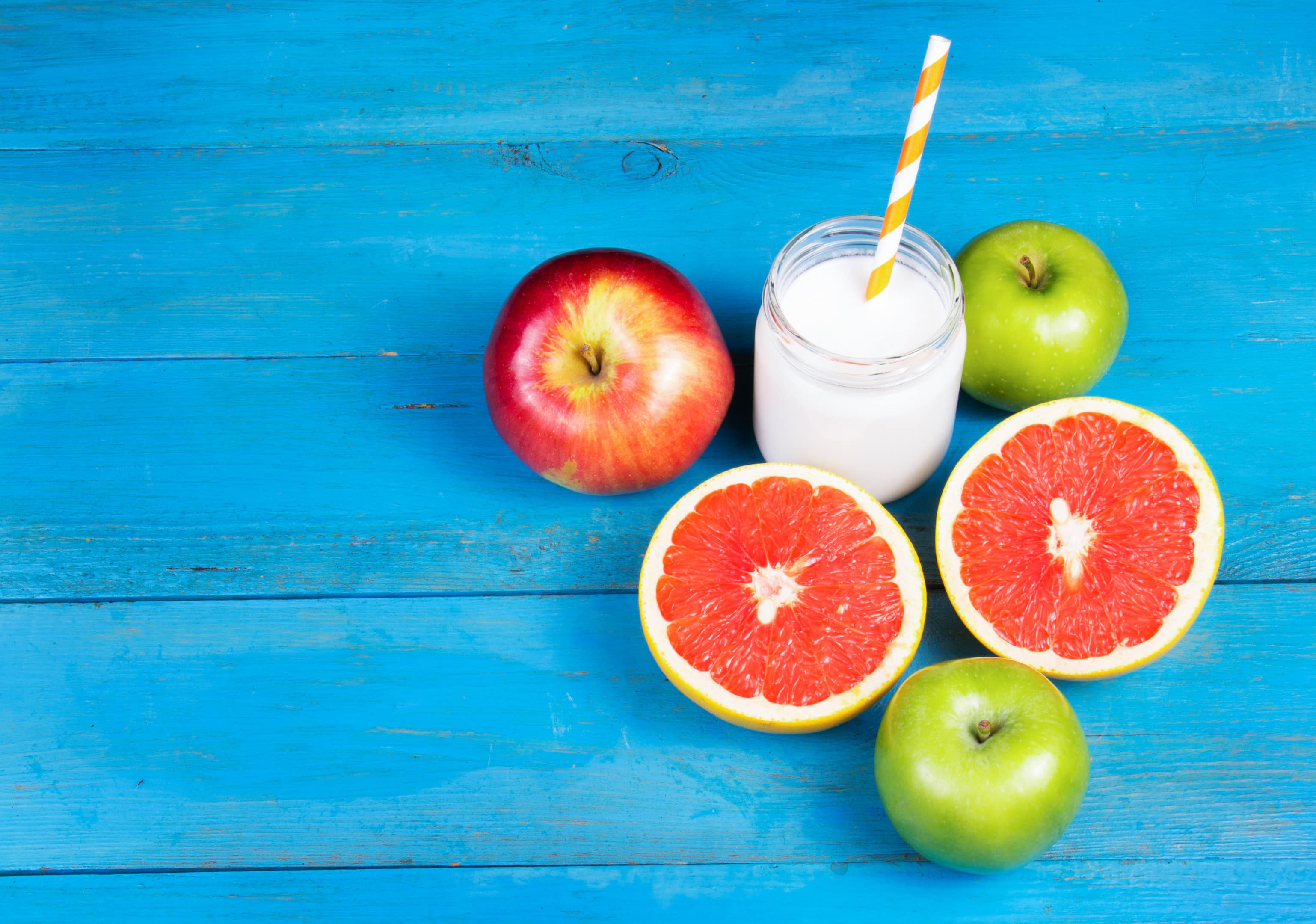
'An apple a day keeps the doctor away.' This was not a lie that we were told. Apples are an excellent source of bioflavonoids. So is grapefruit.
Bioflavonoids are polyphenol plant derivatives that are exceptionally beneficial for your joint health. This compound is found in grapefruit, apricot, cherry tomatoes, apples with skin, blueberries, and other fruits.
The anti-inflammatory properties and antioxidant power of flavonoids in apples and grapefruit can help you rebuild cartilage and even prevent you from moving a step closer to osteoarthritis.
9. Green tea
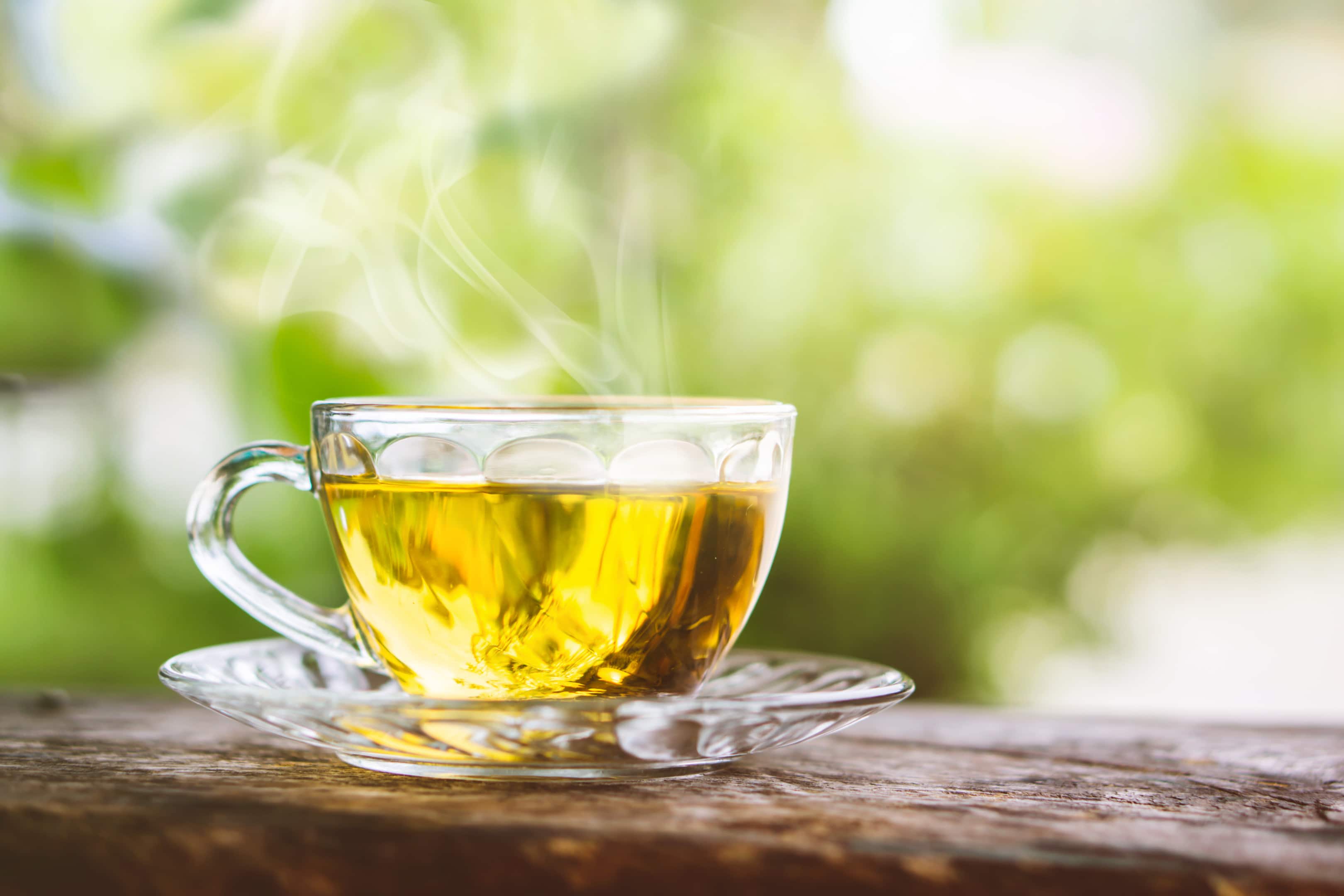
I bet you have tried green tea at least once since the media has discussed its benefits. You are not the only one who disliked the taste. But trust me, every sip of this not-so-tasty drink will benefit you.
Green tea has been known for its detoxifying power. The antioxidants have yet to be appreciated enough. According to a study at Case Western Reserve University, the antioxidant power of green tea has a significant role in preventing rheumatic arthritis. While polyphenols in green tea act as painkillers to the joints, catechins help in protecting and restoring cartilage.
It is an understatement to say that the anti-inflammatory properties of green tea can promise relief to your joint aches.
Sip this hot drink to keep your knees fit and healthy! But avoid taking a cup of green tea with an empty stomach.
10. Oranges
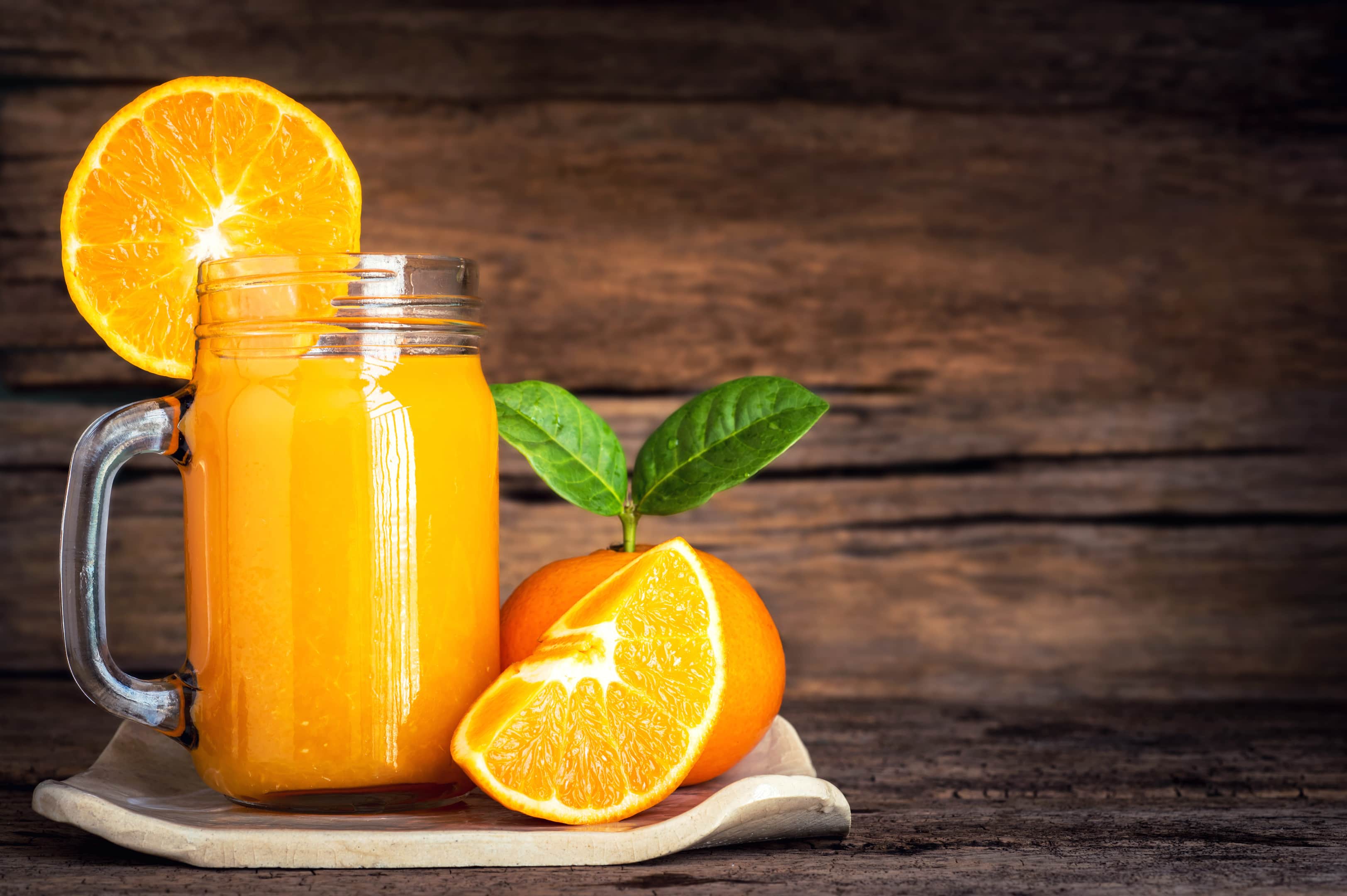
Oranges are a refreshing fruit that waters your taste buds and supplies you with the essential nutrient vitamin C. Why is vitamin C necessary for our body?
Along with producing youthful skin, the vitamin C in oranges helps to produce collagen, the protein that forms knee cartilage. Moreover, the consumption of oranges over time can heal the degenerated cartilage.
As per the studies done by the University of Maryland Medical Center, daily consumption of 75-90 milligrams of vitamin C can contribute to knee cartilage regeneration. Apart from oranges, a few more fruits like kiwi, kale, strawberry, and lemon can also become your daily vitamin C intake source.
Don't forget to eat a few pieces of orange after your meal today!
11. Dairy products
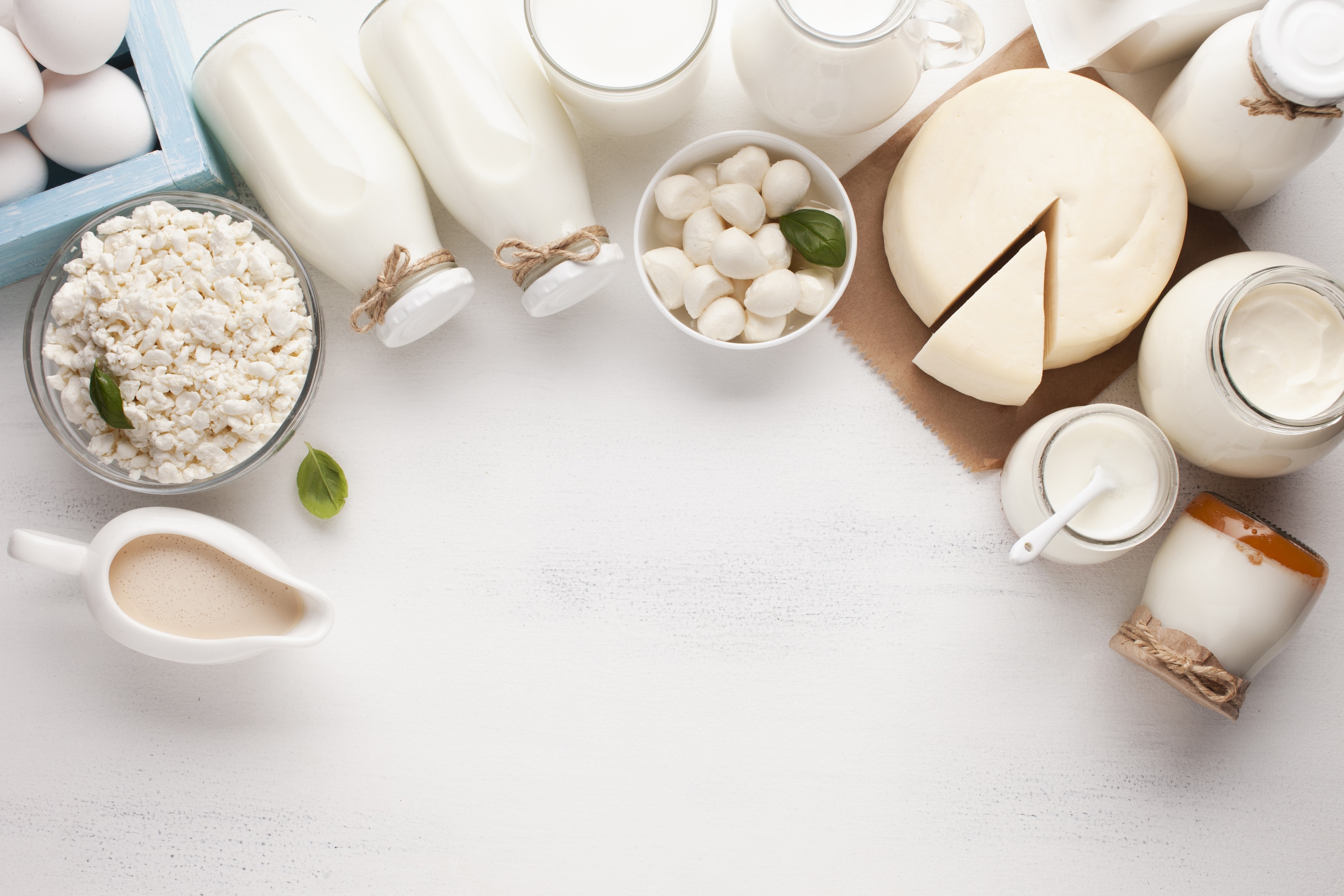
Don't deny you were forced to gulp a glass of milk daily as a kid! Milk is a well-known source of calcium that strengthens your bones. Dairy products, especially yogurt, play a significant role in boosting your stomach health.
The active probiotics in yogurt reduce inflammation and help in repairing cartilage. Dieticians recommend including yogurt in any anti-inflammatory diet to manage and prevent degenerative joint disease.
Kefir or kephir, a fermented milk drink made from kefir grains, plays a similar role to yogurt. It is an excellent alternative to yogurt or milk for those who are intolerant to lactose. U.S. researchers claim that kefir is 99% lactose-free. It reduces inflammatory compounds in the cartilage.
Be it yogurt, milk, or kefir, these can significantly contribute to the well-being and regeneration of your knee cartilage.
12. Walnut and Brazil nuts
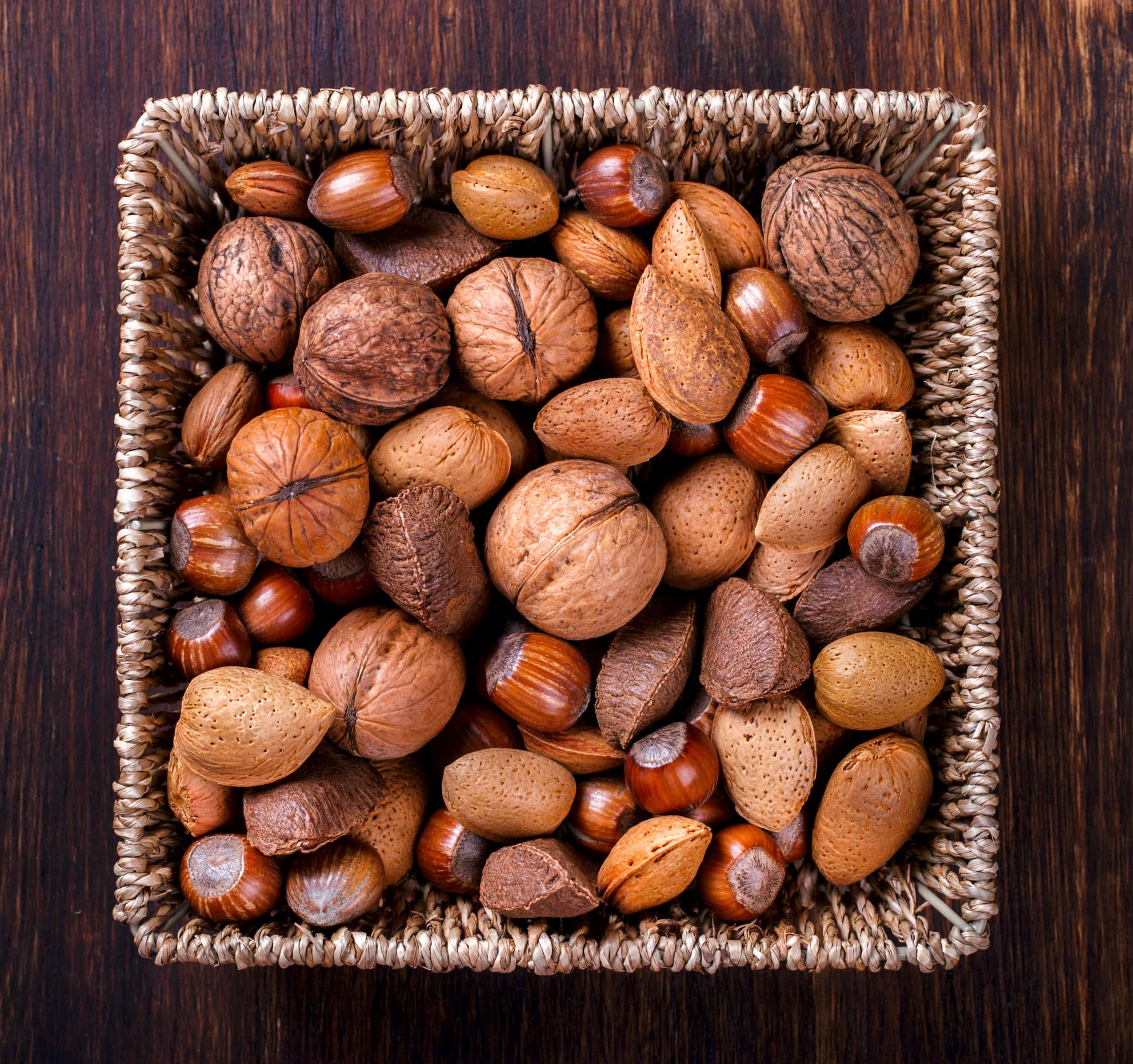
Remember the facts about hyaluronic acid? Like brown rice, nuts like walnuts and Brazil nuts can be your source of hyaluronic acid.
Brazil nuts and walnuts have a high content of healthy fat and antioxidants that further contribute to repairing the cartilage. Moreover, they also contain magnesium, which promotes proper joint health.
The high selenium content in Brazil nuts helps improve the quality of collagen and cartilage protein.
The Omega-3 fatty acids in nuts help the body fight inflammation, preventing chronic inflammation in arthritic joints.
13. Camu Camu
Have you ever heard the name? Well, Camu Camu is a sourberry native to the Amazon rainforest. The powdered form of these berries is available in several online stores.
Camu Camu has become popular among health enthusiasts due to its nutritional value. This berry has it all! It is rich in vitamin C and has potent anti-inflammatory power due to the presence of potent antioxidants.
The main component of Camu Camu that inhibits inflammation is ellagic acid (an antioxidant). This component efficiently fights inflammation-triggering enzyme aldose reductase by keeping arthritis at bay.
You may not get to taste the fresh fruit, but you can avail yourself of its benefits from supplement powder and pills readily available in online shopping stores.
14. Blueberries and cherries
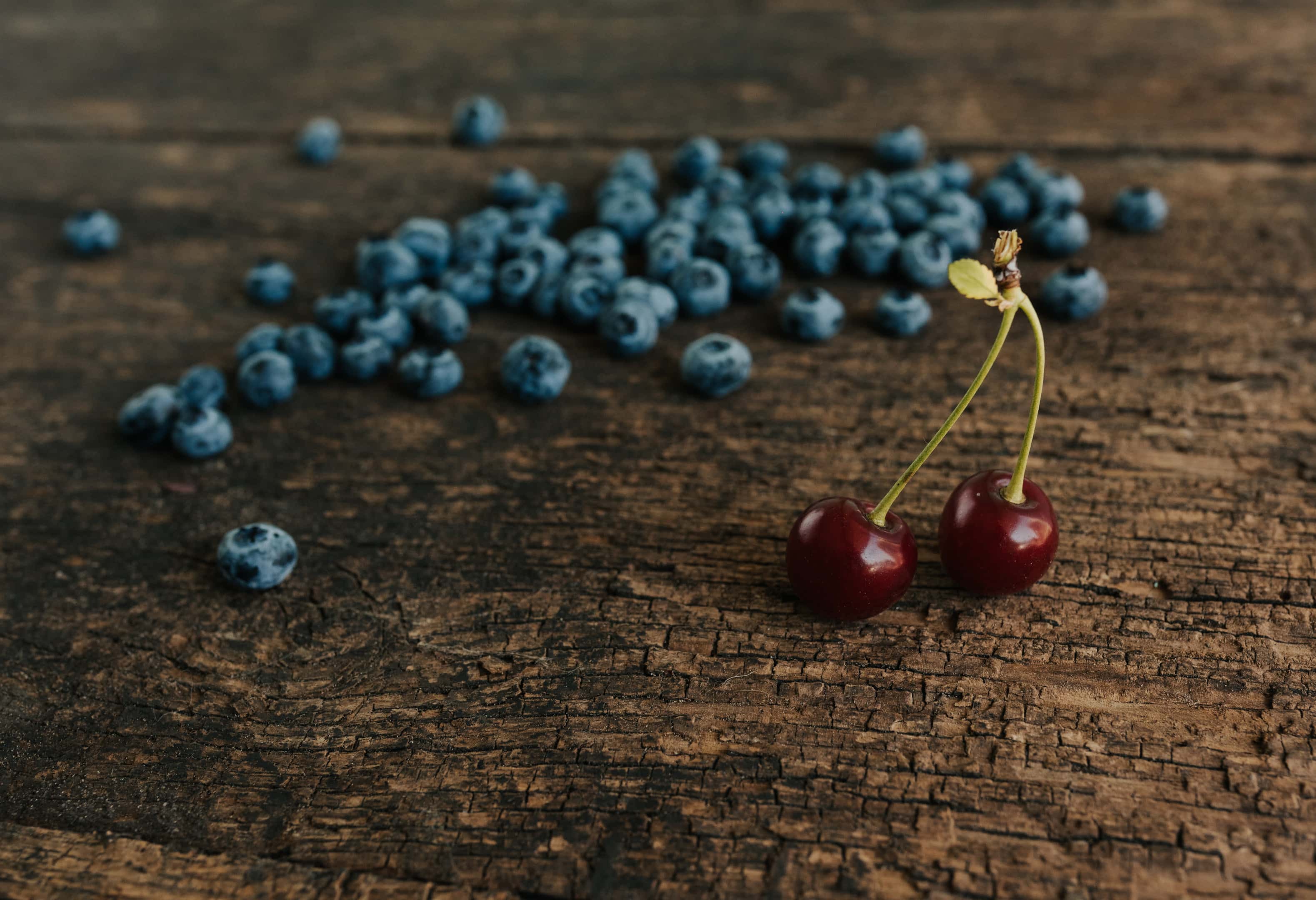
This red and blue duo can be your savior from creaking and aching knees. These tiny packages are rich sources of vitamin D and polyphenols.
While polyphenol deals with joint pains, vitamin D helps produce the protein for cartilage, i.e., collagen.
Cherries contain antioxidants and anthocyanins that help in reducing inflammation. On the other hand, blueberries are also known to prevent gout by lowering uric acid levels.
A few berries in your diet can help you regenerate your cartilage over time.
15. Pomegranates
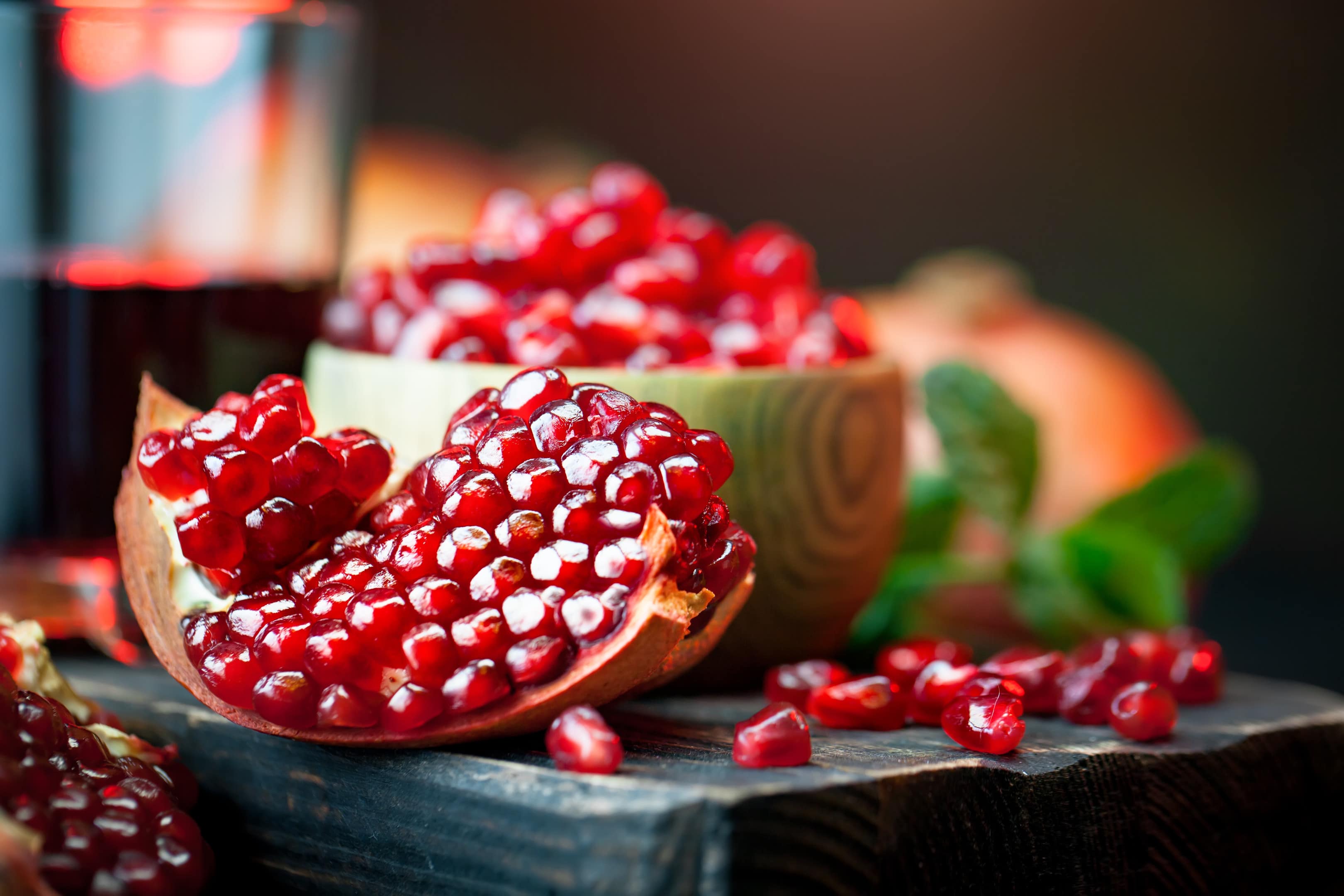
This power-packed fruit supplies antioxidants and nutrients that contribute to cartilage regeneration. As per research from Case Western Reserve University, pomegranates help in cartilage catabolism by stimulating and producing certain mediator enzymes.
Like all the other items on this list, pomegranate has potent antioxidants and anti-inflammatory properties that protect, repair, and regenerate your cartilage for healthier joints.
Do not miss out on including pomegranate in your diet plan to alleviate symptoms of osteoarthritis!
More foods that can protect your cartilage
Apart from the superfoods mentioned above, here's a list of a few more food items that can protect the degeneration of your cartilage.
- Plums
- Oatmeal
- Red Pepper
- Basil
- Tropical fruits such as papaya, guava, and pineapple
- Legumes like peas and beans
- Bone broth
- Chia seeds
- Almonds
- Bananas
These foods contain vitamins, antioxidants, and enzymes that can suppress inflammation and protect the knee cartilage.
The three primary nutrients for cartilage regeneration are antioxidants, polyphenols, and Omega-3. Even though you may find a lot of supplement pills on the market, nothing is better than the natural nutrients that come from fresh foods. You cannot expect a magical effect to cure your knee aches overnight. But these foods evidently will improve your joint health over time through cartilage regeneration if consumed regularly.
Tips to reduce your joint issues
Even though diet plays a significant role in your joint health, there are a few more checkpoints to keep joint aches at bay.
- Monitor your body weight — As said earlier, being overweight can stress your cartilage, increasing its decay rate. Therefore, it is essential to keep an eye on your weight scale.
- Avoid highly processed and packed food items — Eating junk food is a bad habit we do not want to let go of. But if you care for your joint health, keep your hands away from the chips packet.
- Avoid red meat and soy — Too much protein can pose a high risk to your cartilage. Therefore, it is advisable to avoid red meat. Soy and other allergens should also be avoided.
- Say no to foods containing trans fat — Trans fat is an enemy to your diet as it releases free radicals in your body, causing inflammation. Avoiding this processed fat can help you prevent arthritis in the future.
- Reduce caffeine intake — It dehydrates you and pulls out most of the nutrients in your body. Though it is harsh to expect you to abandon your daily habit in just a day, you can try to cut down on your caffeine intake gradually.
- Exercise regularly to keep your body in motion — What is the use of the oil if the machine refuses to work? Keep yourself healthy by exercising daily. However, if you are experiencing knee aches already, avoid vigorous exercise, which may hurt your joints.
Summary
Nothing can grieve you more than your restriction to movement. You can choose the natural path to avoid disease progression earlier. These listed foods can even help you delay or prevent the need for joint replacement. Manifesting a few healthy habits can help you keep your joints happier but also help you live a fuller and longer life.
With the rising rate of osteoarthritis, a few changes in eating habits can protect you from chronic pain at the end of your life.






